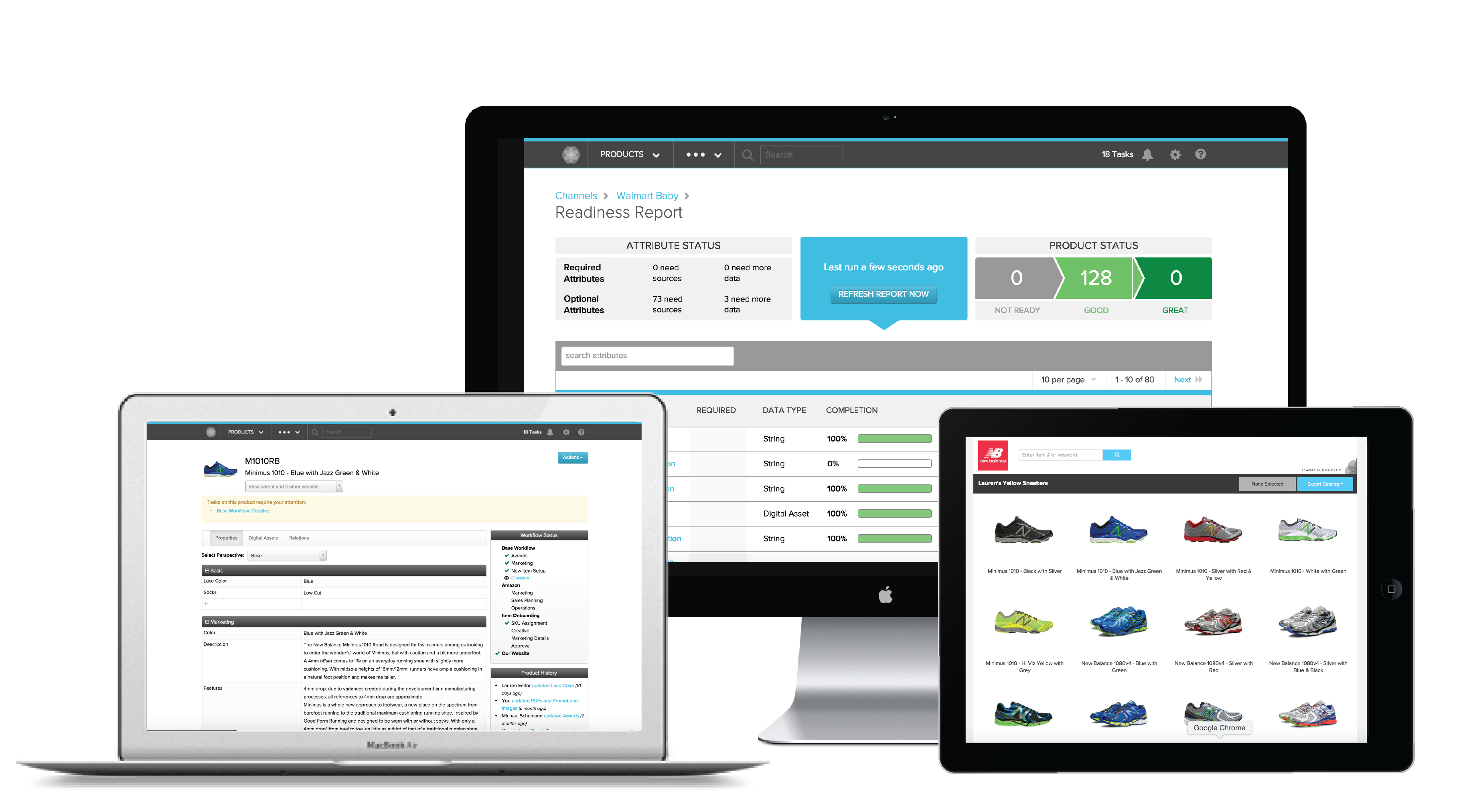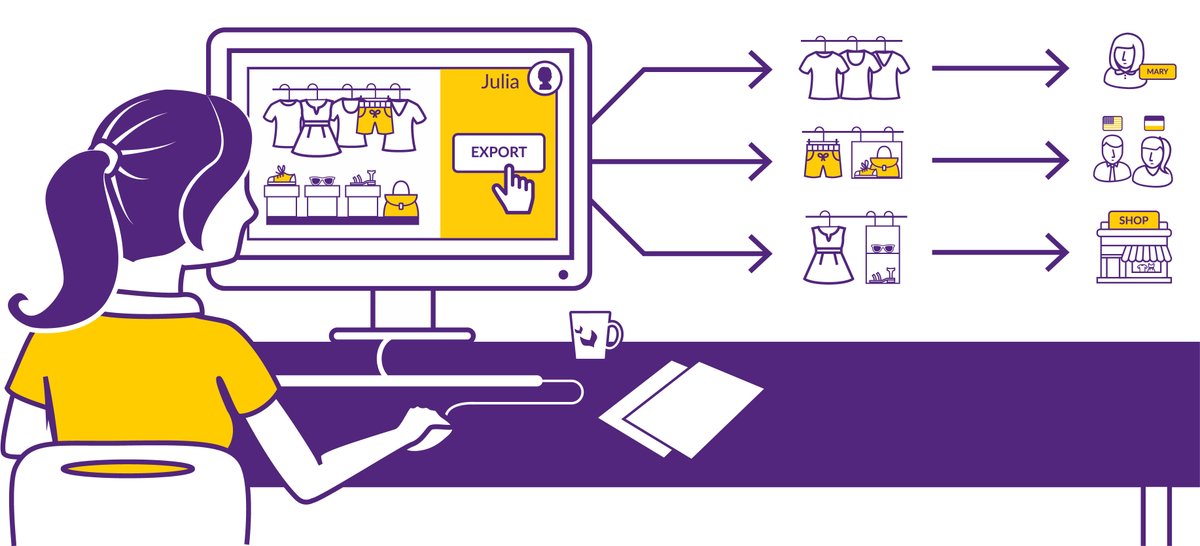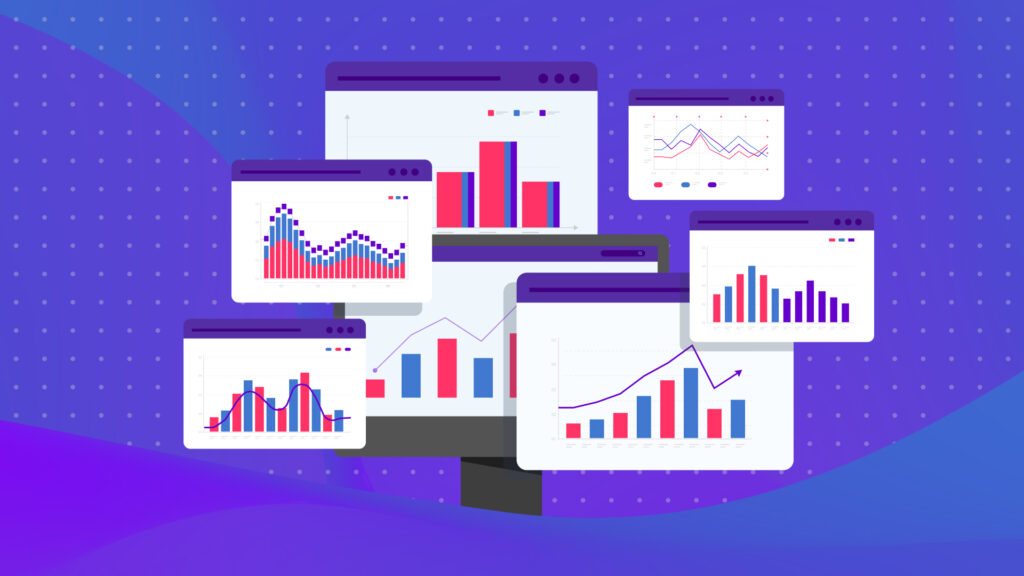As your business scales and your catalog of items expands, leveraging the right Product Information Management (PIM) system can be critical to saving time from product micromanagement so that you can focus on larger initiatives.
Today’s consumers browse and shop multiple shopping channels and marketplaces, which is why retailers rely on product information management tools to store, upload, and manage their products.
Here’s a quick look at what PIMs are, why they’re important, and some resources to help select the right product information management software for your business.
“A PIM provides a single repository for storing all outgoing product data. A central repository system of record gives retailers a single view of the product data to the entire enterprise so everyone sees the same information.”

-Stephen Rogers, R3 Consulting
What Is A Product Information Management System (PIM)?
A Product Information Management (PIM) system is a tool used by businesses to store and manage all product information across multiple channels from a unified dashboard.
PIMs enables your team to easily upload, edit, and distribute product-level data across all of today’s major sales & distribution channels — from Amazon to Google Shopping, to your ecommerce website, Shopify and beyond.

In addition to storing and transferring data, PIMs bolster overall data quality and encourage data audits and can improve accuracy of your product information.
“Data quality and data consistency are naturally improved by reducing the need to manage redundant information in multiple systems,” says Rogers.
What Product Information Can A PIM Store?
Product Information Systems can store all product-level data and synchronize that data from multiple sources.
Here’s some of the important data sources that a product information system can unify:
- Core Product Data (product name, title, description)
- Product Attributes (SKU, cost, pricing)
- Product specifications (e.g. dimensions, warranty and packaging info,etc.)
- Product related metrics

- Omni-channel product information (e.g. mobile copy)
- System triggers and business rules
- Product copy
- Product Digital assets/media
- Supplier Information
- Multi-language content
- Extended Channel Information (Google/Amazon/Shopify/etc.)
- Store-specific information (POS registers, product catalogs)
As the hub of product information, PIM’s are generally used to push product information (such as the attributes listed above) out to sales channels- such as POS registers and CMS.
With one location for data, retailers have the added functionality of viewing all product information in one location- which improves quality, ease of management, and assists spotting inaccuracies.
Who Needs A PIM?
While PIM systems are typically found in large e-commerce businesses, their popularity is beginning to spread. Does your company host complex content or contain a high number of SKUs? How about collect data from multiple points or host products that are constantly shifting or changing?
“PIMs can greatly improve control and management of the product data through system defined workflows, automated formatting of data and auto triggering of business rules and flags,” explains Rogers.
Not only do PIM systems make data collection virtually effortless, but it also increases productivity among your departments by automating manual data processes, pushing products through different channels, and sharing information quickly between multiple teams.
With a PIM system, your sales team can now work independently of your product development team and vice verse, making everyone’s jobs easier in the long run.
Some notable benefits PIM users have experienced include:
- Correcting data bottlenecks and silos
- Expanding product inventory gracefully
- Reducing wasted resources
- Reduce or eliminate manual data entry
- Sort through data quickly
- Go live faster than competitors
Which PIM Is Right For My Business?
The good news is that today, there are many product information management systems out there for businesses to choose from.
Each has its own strengths and varying price points; selecting the best PIM for your business depends on your unique needs.
For a complete rundown of the best product information management systems, check out Top 15 Best Product Information Management (PIM) Software of 2019.
You Might Be Interested In













